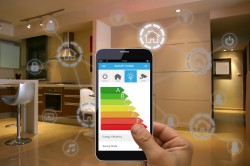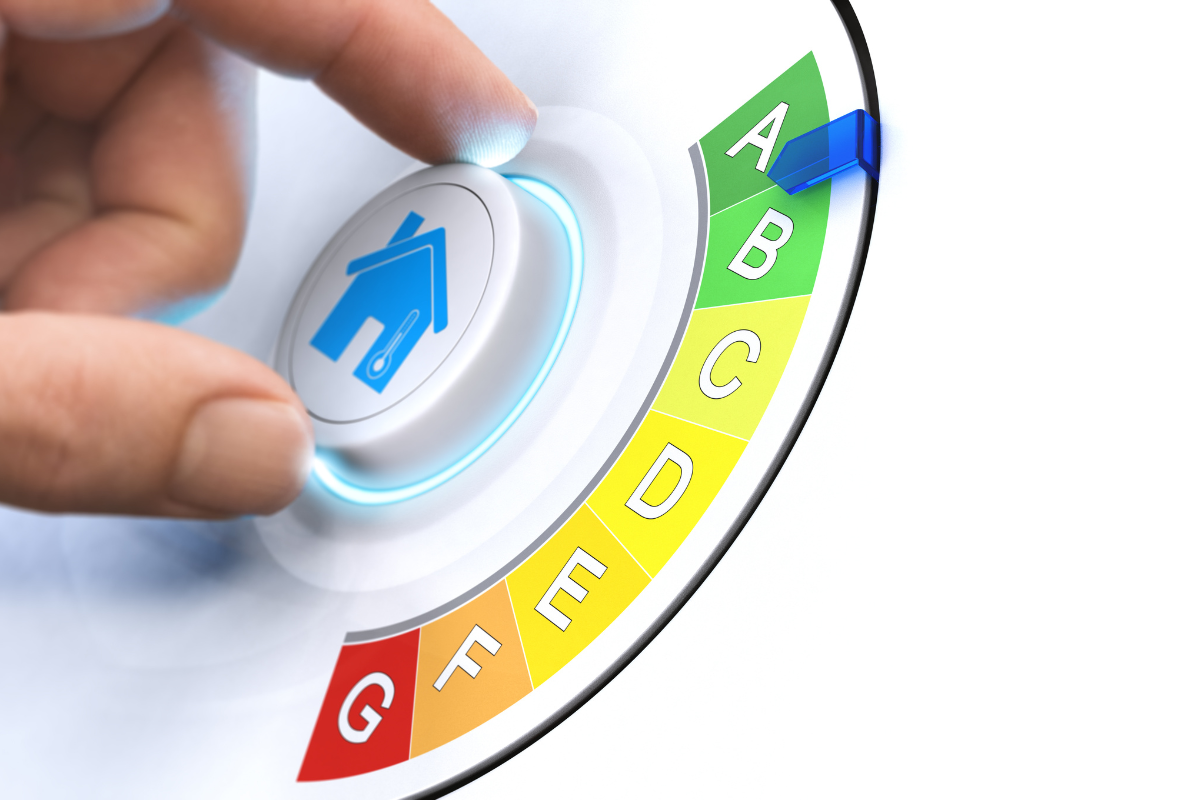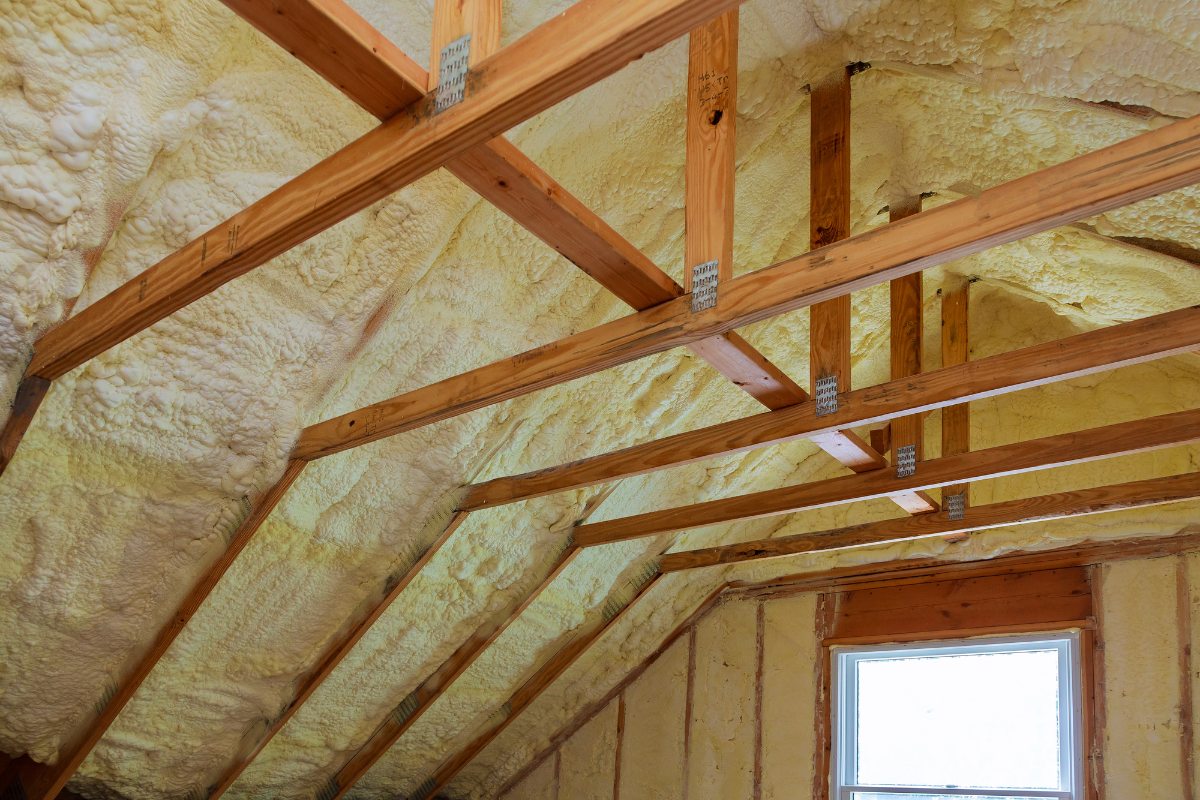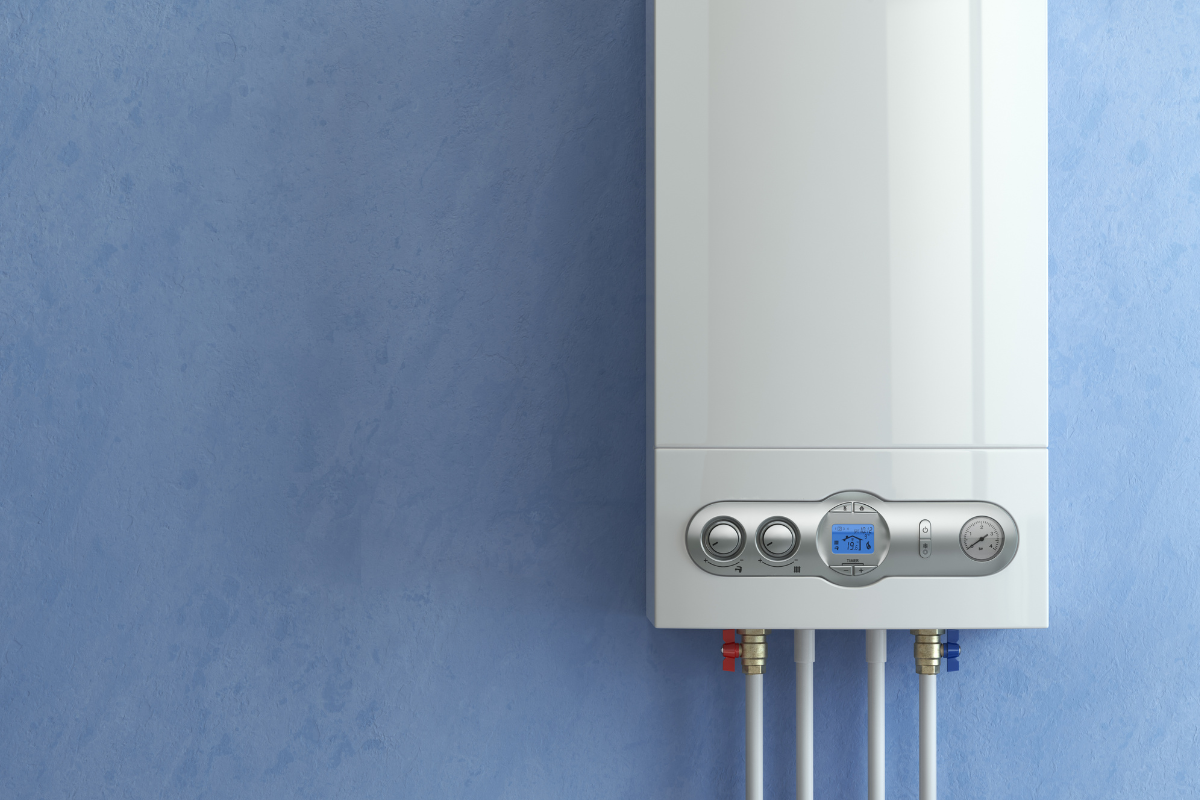
The term "EPC" stands for Energy Performance Certificate, and it’s a document that provides information about the energy efficiency of a property. EPCs are used to assess and rate the energy efficiency of buildings, which includes information on heating, lighting, insulation, and other factors.
The reason EPCs are particularly topical at the moment is because of the rise in energy bills. According to Knight Frank in a recent article, “improving your EPC rating could increase your home's value by up to 20%.”
EPCs can impact property prices in several ways:
Buyer Awareness: EPC ratings are often made available to potential buyers, and a poor EPC rating can discourage some buyers, leading to lower demand for the property.
Operating Costs: A property with a higher energy efficiency rating typically has lower energy bills. Buyers may be willing to pay more for a property with lower ongoing operating costs.
Government Regulations: In some regions, there are regulations that require properties to meet certain energy efficiency standards. Non-compliance with these standards can result in penalties, making it less desirable for buyers and potentially affecting property prices.

To improve the EPC rating of a property and potentially increase its value, consider the following strategies:
Insulation: Improving insulation in the walls, roof, and floors can help to reduce heat loss, which is an important factor in energy efficiency.

Energy-Efficient Heating and Cooling Systems: Replacing old or inefficient heating and cooling systems with energy-efficient ones can significantly impact the EPC rating.
Double Glazing: Replacing single-glazed windows with double-glazed or even triple-glazed windows can enhance energy efficiency by reducing heat loss.
Energy-Efficient Lighting: Switching to energy-efficient lighting options, such as LED bulbs, can improve the property's EPC rating.
Renewable Energy Sources: Installing solar panels or other renewable energy sources can help generate electricity on-site, reducing energy consumption from the grid.
Air Tightness: Ensuring the property is well-sealed to prevent drafts and heat loss is essential for energy efficiency.
Boiler Upgrades: Replacing an old, inefficient boiler with a modern, energy-efficient model can make a significant difference in energy consumption.

Behavioral Changes: Encourage tenants or homeowners to adopt energy-efficient practices, such as turning off lights when not in use or setting the thermostat at an optimal temperature.
It's important to note that improving the EPC rating of a property can involve an initial investment, and the return on investment can vary based on factors like location, local regulations, and the current market conditions.
However, by making these energy efficiency improvements, you not only increase the property's value but also reduce operating costs, which can be appealing to potential buyers or tenants who are increasingly concerned about environmental sustainability and energy efficiency. If you would like further advice on EPCs, we’d be happy to help - call us on 01925 499599 or pop by the office for a chat.



